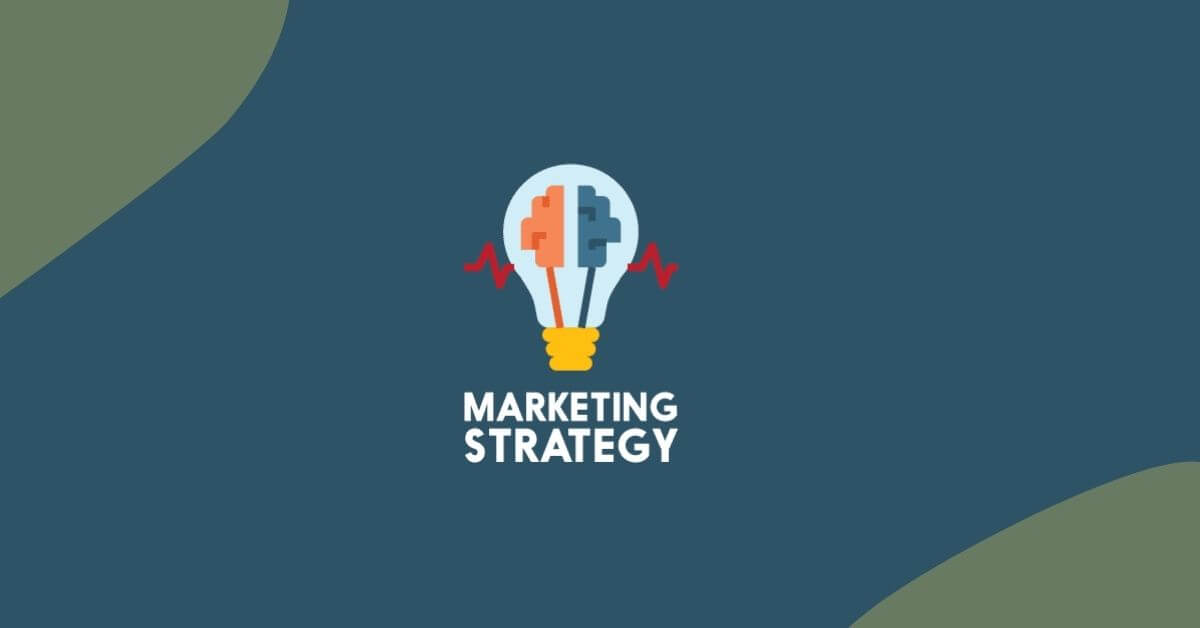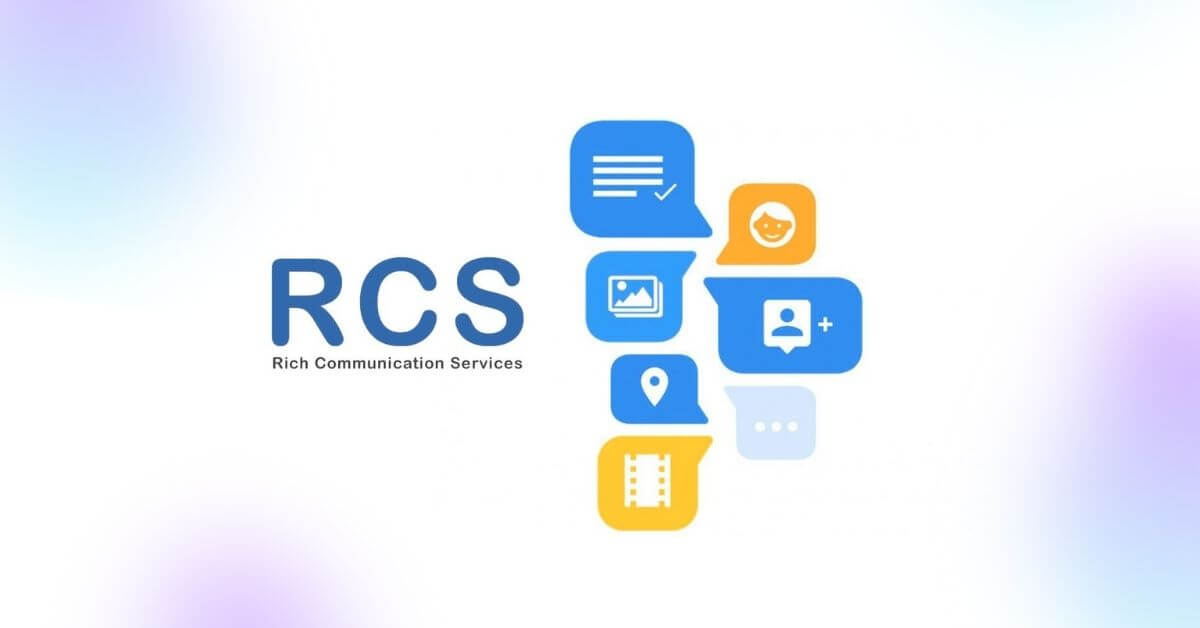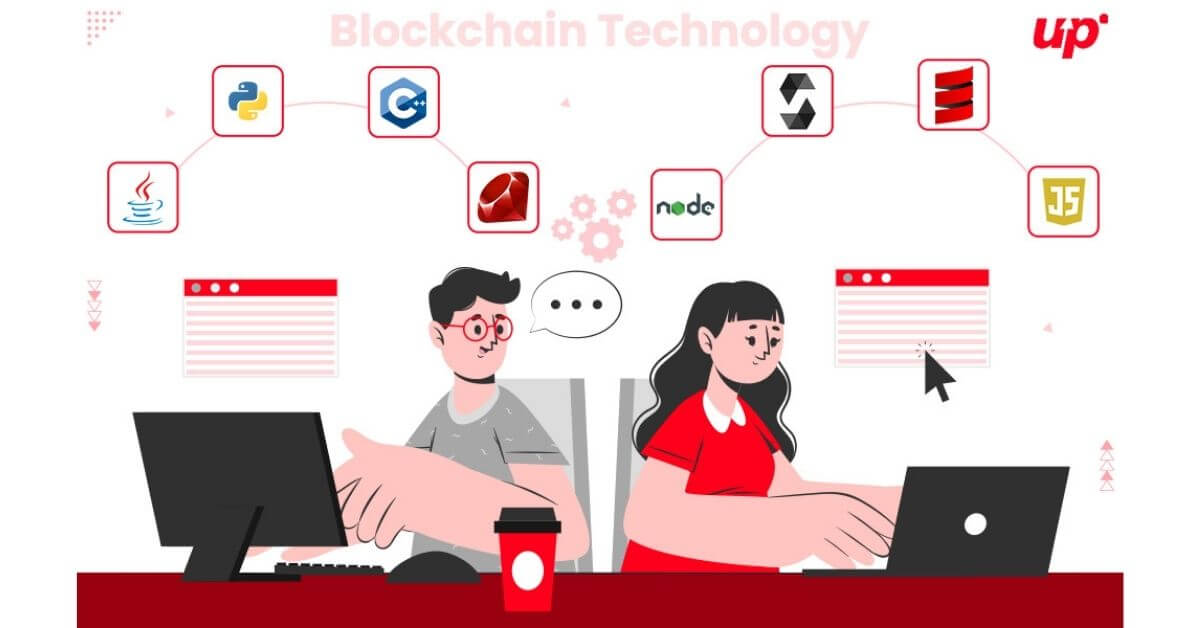Kick-Start Your Start-Up with These 10 Unique Marketing Strategies
A great marketing strategy is key to any start-ups success. Take a look at 10 great ways to get your brand noticed.
Over the course of the 21st century, marketing has been one of the biggest priorities for companies of all shapes and sizes. Reaching out to a target audience and convincing them to invest in your business is no easy task, and the competition has only gotten tougher.
Start-ups have a high failure rate, mostly due to money mismanagement or selling a product that lacks marketability. However, that doesn’t mean you can’t still thrive with the right plan in place.
Innovation and creativity are some of the hallmark traits needed in a successful marketing strategy in 2021—particularly with start-ups. Because start-ups are new to the game, finding and keeping customers is a number one priority….and that means thinking outside of the box and finding new ways of engaging the public.
1. Viral Marketing
Many businesses have utilized the viral nature of the internet to spread information about their product in a fast and highly engaging way.
To achieve viral status, you need to conduct research on the latest internet trends and determine where an overlap could happen with your start-up.
Bearing all this in mind, remember that viral marketing is most effective when targeting age groups or social groups that have a high engagement level with viral content—Gen Z and Millennials being the most likely to do so.
A good way to go viral is to turn your product into a challenge. You can use TikTok for this, or create an Instagram hashtag that gets people talking, taking the challenge, and sharing videos.
2. Target A Specific Community
Targeting a localized group is one smart way to cultivate strong relationships with customers.
Instead of using your marketing budget to target a wide variety of people (that may or may not be interested in what you are advertising), rather invest in pocket communities that you have strong reason to believe will respond. Focus your marketing on your nearby geolocation and optimize your SEO strategy to target local keywords and searches.
3. Affiliate Marketing
Affiliate marketing is the strategy of using other brands and individuals to market your business for you. This can be done on a commission basis, or on a collaborative basis—typically the former. It’s technically similar to influencer marketing, though without the implication of social media.
To successfully implement an affiliate marketing strategy, you need to recruit potential affiliates whose own brands or personas align with yours. This ensures that their audience overlaps with yours, and you have a higher chance of customer engagement.
One of the easiest ways to go about affiliate marketing is through using affiliate marketing recruitment software. This kind of software can automate the process of recruitment and connect you with other brands that are compatible affiliates for your start-up.
4. Retargeting Ads
Retargeting is the marketing strategy of targeting people who have previously visited your website (or otherwise engaged with your brand). Sometimes, people aren’t so sure about a company until they have a second opportunity to view it—and that’s where retargeting comes in.
By targeting people that have already interacted with or seen your brand, you can start to build up a subconscious relationship with them that could result in future business if the timing is right.
5. Go To Trade Shows
The digital world has a lot to offer in terms of opportunity and reach. But the kind of connections you can make with other start-ups and businesses at conferences or trade shows offer invaluable networking prospects.
Networking remains a pillar for all businesses to thrive. Abstaining from engaging with similar brands and companies can mean missed opportunities for growth.
6. Use Your Product For A Cause
This strategy won’t necessarily align with all brand types, but it can be very effective when the timing and intention are right. Using your product or services to promote a social or environmental cause can attract a wider group of customers.
In 2021, it’s becoming not only preferred but expected that businesses (both big and small) take a certain stance when it comes to social, political, and environmental causes. Conscious consumerism is a major driver for purchasing decisions, and you can cash in on that. Just remember to stay sincere—customers can smell dishonesty from a mile away.
7. Influencer Marketing
Influencer marketing is like a younger sibling of affiliate marketing. Perceived as less serious, but has the potential to be equally as effective—if not more so, in the art of attracting customers.
A whopping 86% of women use social media to glean advice on product purchases, and over 70% of teens say they trust influencers more so than celebrities. Whatever the reason might be—we’re not complaining. Don’t overlook influencers (or even micro-influencers with smaller followings that allow you to focus on a niche audience) when creating a marketing plan for your start-up.
8. Capitalize On User-Generated Content
User-generated content (UGC) is a great way to generate a buzz around your business, increase personalization, create unique content at no cost, and highlight how your customers are enjoying your product.
The ultimate social proof, UGC adds credibility to your brand and acts as a type of online word of mouth. You can encourage UGC by asking your social media followers to share their videos or photos and tag your brand, or you can ask them to send you their content and you’ll publish and credit them.
9. Run Competitions and Giveaways
Everyone loves something for free or the chance to be a winner. Regularly running competitions or offering giveaways keeps customers engaged. You can generate hype around prize draws and create a sense of excitement and urgency, encouraging customers to get their name into the draw.
Competitions also provide a great way to tie in TikTok challenges, social media shares, and UGC. Asking your customers to do something fun to gain entry or to share your brand with someone results in a win for both sides.
10. Email Marketing
While many people still believe that email marketing is a thing of the past, statistics show just how effective this strategy is. Email is still the number one digital marketing channel.
A recent report found that marketers using segmented campaigns see as much as a 760% increase in revenue. Additionally, this marketing strategy is particularly effective with older generations. As their main form of digital communication, 74% of Baby Boomers consider email the number one platform for communicating with brands.
The trick is to make your email stand out. Don’t be boring, and if possible, offer customers a discount or incentive to buy from you. This way, your email is so much more than just a sales pitch.
When it comes down to it, your start-up’s marketing strategy will depend on the audience, budget, and objective that is present. With any luck, you’ll make it through the bumpy beginnings of a young start-up, and work your way into the mainstream business in no time.

Subscribe & get all related Blog notification.





Post your comment